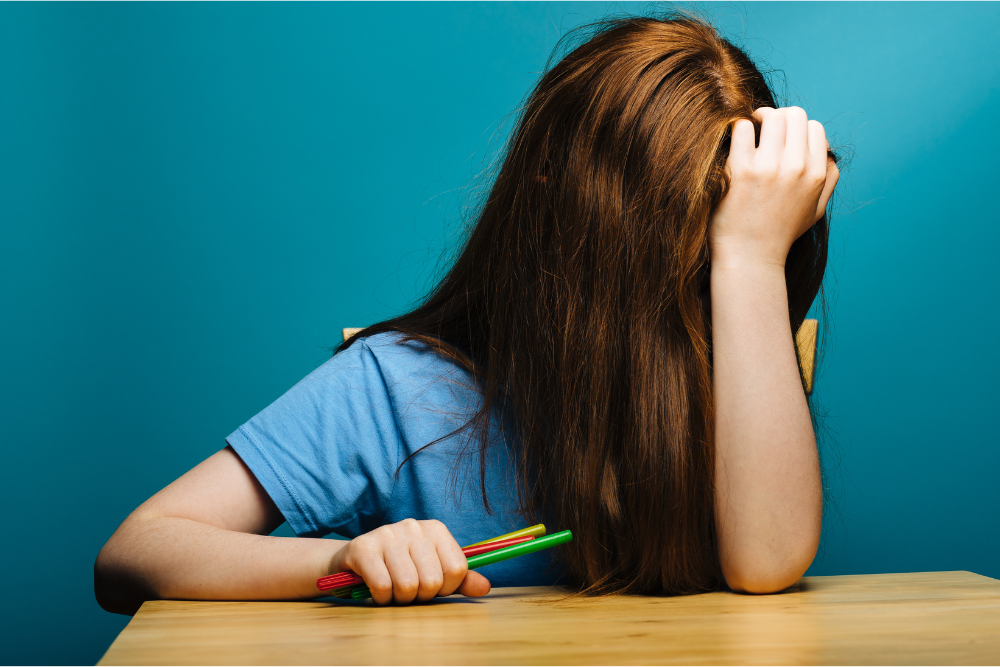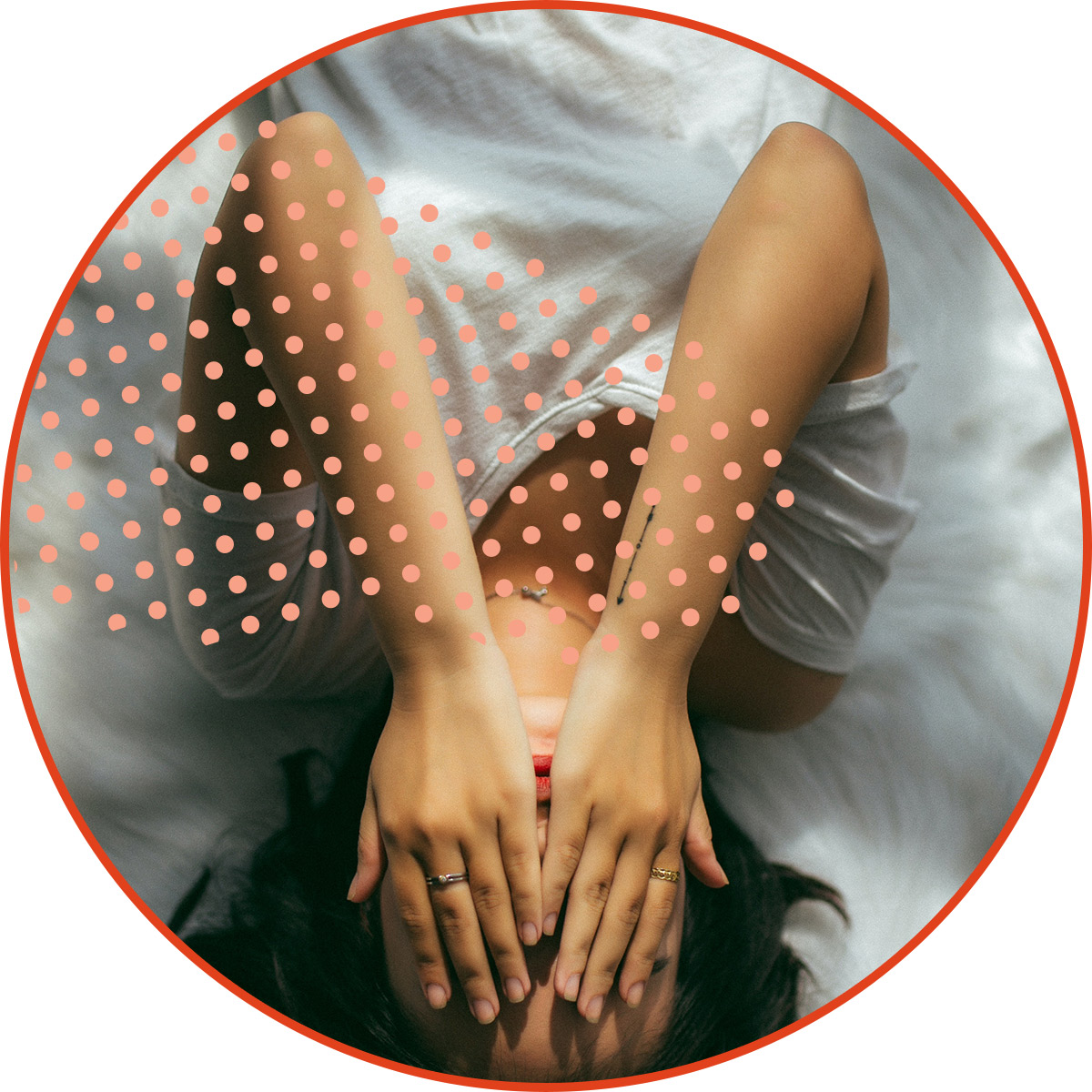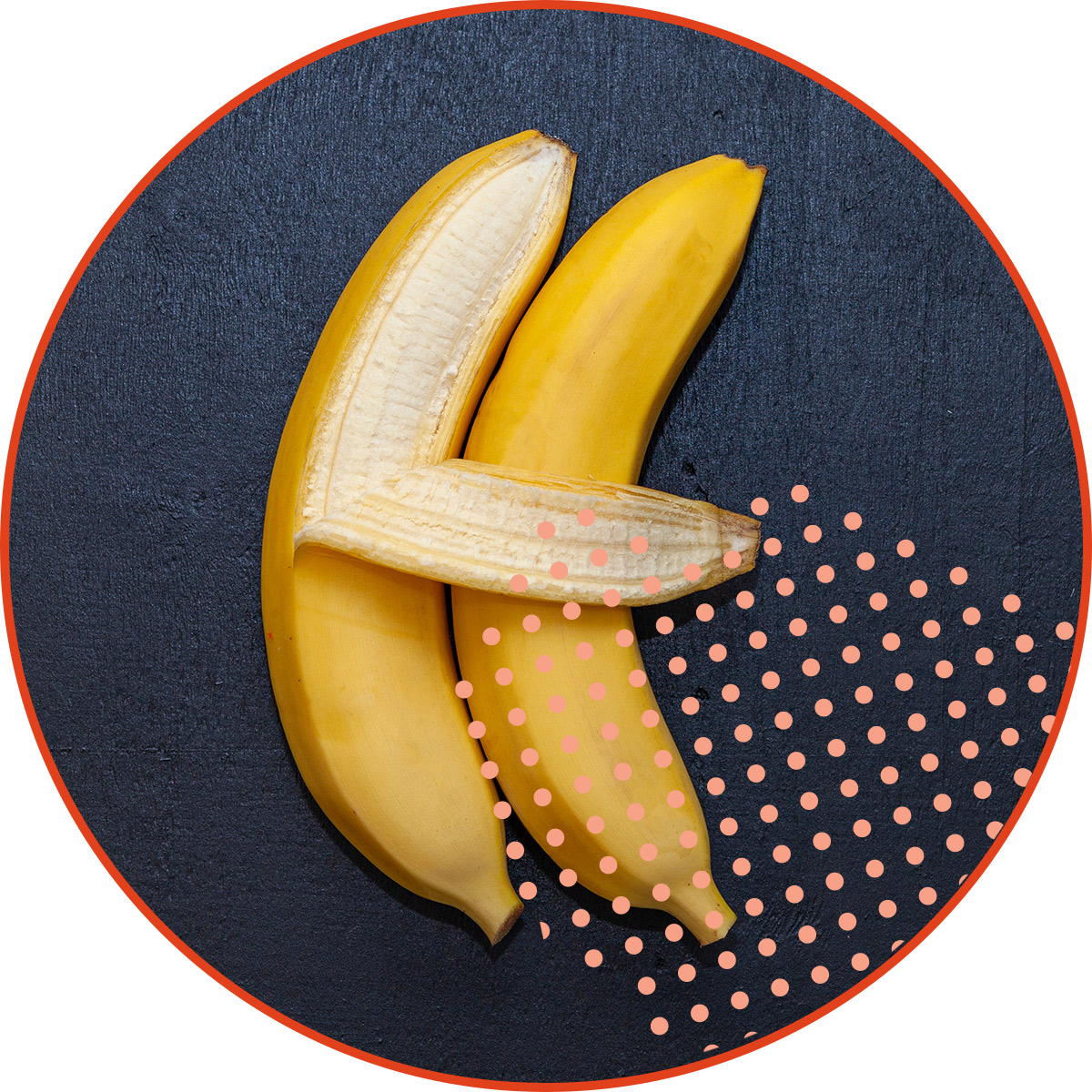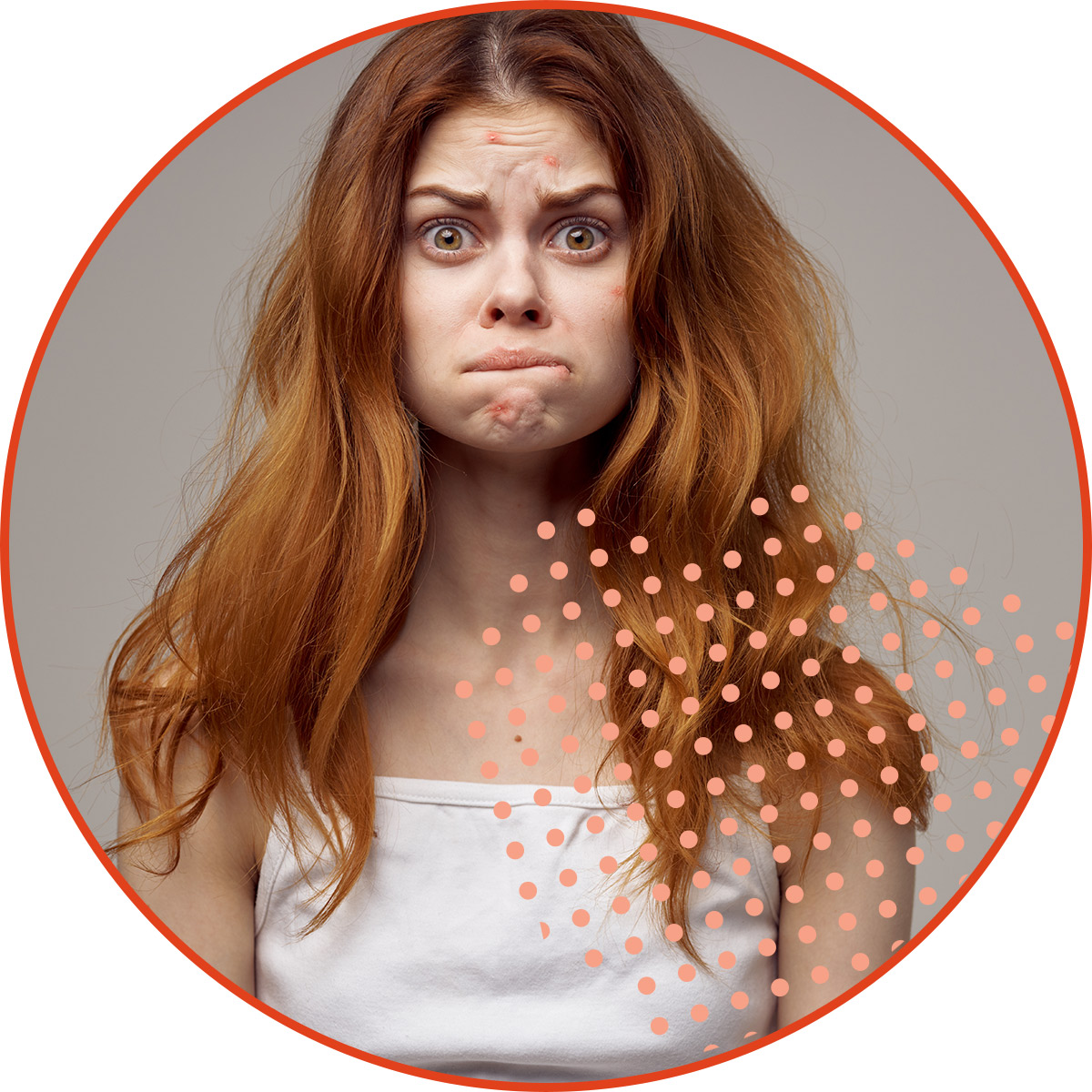Last week, the US Preventive Services Health Task Force released a new recommendation for screening ALL children ages 8-18 for anxiety. Honestly, I wish the publicity folks had done a better job emphasizing that the screen is for Anxiety DISORDER because using the term “anxiety” implies that it is both uncommon and bad.
It's neither.
The truth is, everyone experiences anxiety, and anxiety itself isn't bad; it is a protective mechanism.
But an untreated anxiety disorder is damaging — physically, mentally, and often over years or even a lifetime. Right now, anxiety disorders among youth have reached a point where public health experts are worried.
Even without a pandemic, there has always been a lot of pressure on young people – pressure to excel at everything, to look a certain way, to be social, to be active, to stand out, to blend in.
It’s tough enough feeling that pressure every day in school or afterschool activities; but unlike their parents’ generation, young people today rarely get a break from it. So many of them carry it into their private time on their phones and screens – all day, all night. Today, girls have more anxiety than ever.
And let me just confirm that anxiety is really tricky – for our girls and for us as parents.
- We want to protect our daughters, so we try to help them avoid things that make them anxious.????
- We want to be their sounding board, but sometimes their anxiety makes us anxious. 😥
- We want to help, but sometimes we aren’t doing them any favors. In fact, we can really make it worse. Been there. Done that. 🙋🏻♀️
The toughest thing about anxiety is recognizing the delicate balance between normal anxiety that motivates her or protects her from harm, and the type of anxiety that can creep into her life to alter her behaviors, disrupt her relationships, slow her progress, or downright paralyze her. That’s when it becomes a medical diagnosis: anxiety disorder.
Nearly 1 in 3 girls will have symptoms that are diagnostic of an anxiety disorder before they are adults, but up to 80% of them never get treated for it.
Some of that is related to the stigma around mental health, some of it is lack of awareness, and some of it happens when we fail to help children learn and practice coping skills to help with their big emotions.
Every girl’s “herstory” is unique and treatment should be based on her specific needs, but there are two things that are absolutely true:
Untreated anxiety prevents her from living her best life.
Treatments for anxiety (there are many options) are highly effective.
So let’s turn the girls we love from a worrier into a warrior by getting her the help she needs. 💪
What does that look like? It’s an ongoing process, but here are some starting points:
- Teach her coping skills for dealing with difficult emotions (we do that in our class for young people: Be You)
- Listen more & without judgment (this GTV shares why and how)
- Nurture her self-esteem in meaningful ways (here are 5 quick strategies)
- Model our own healthy emotional coping (deeper dive in THIS GTV episode)
- Talk with her pediatrician if you have concerns (this downloadable checklist may help)
Did you know Girlology has grade-by-grade video on demand playlists to support her and you through all things puberty and adolescence. Our doctor-moms cover topics like this and lots others! Learn More HERE.






